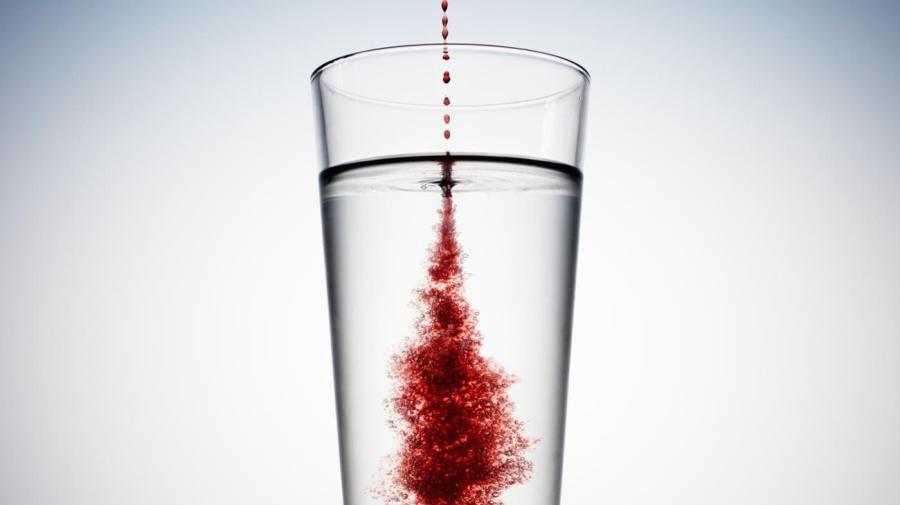What Is the Difference Between a Mixture and a Compound?

A mixture is formed when two or more substances are physically mixed together. A compound is formed when two or more substances are chemically combined through a chemical reaction. The components of a mixture can be separated with relative ease, whereas the components of a compound are almost impossible to separate without a chemical reaction.
A mixture involves the physical combination of substances. The substances can be combined in any ratio to form the mixture, and the individual substances retain their chemical properties.
A compound requires a chemical reaction between two or more substances and the compound formed has different chemical properties compared to the individual substances that were initially combined. Unlike mixtures, compounds can only be formed if the substances are combined in certain fixed ratios.
Mixtures are easy to separate to their individual components through physical means such as evaporation, filtration, distillation, precipitation and chromatography. Compounds cannot be broken down to their individual elements through physical means. For example, to form a mixture of iron filings and sulfur powder, any ratio of iron to sulfur can be used to mix the components. However, to form a compound, seven parts of iron filings have to be heated with four parts of sulfur powder to form a compound called iron sulphide. To separate the iron from sulfur in a mixture, a magnet can be used to attract all the iron filings, leaving only the sulfur behind. The compound iron sulphide cannot be separated using any physical means.





